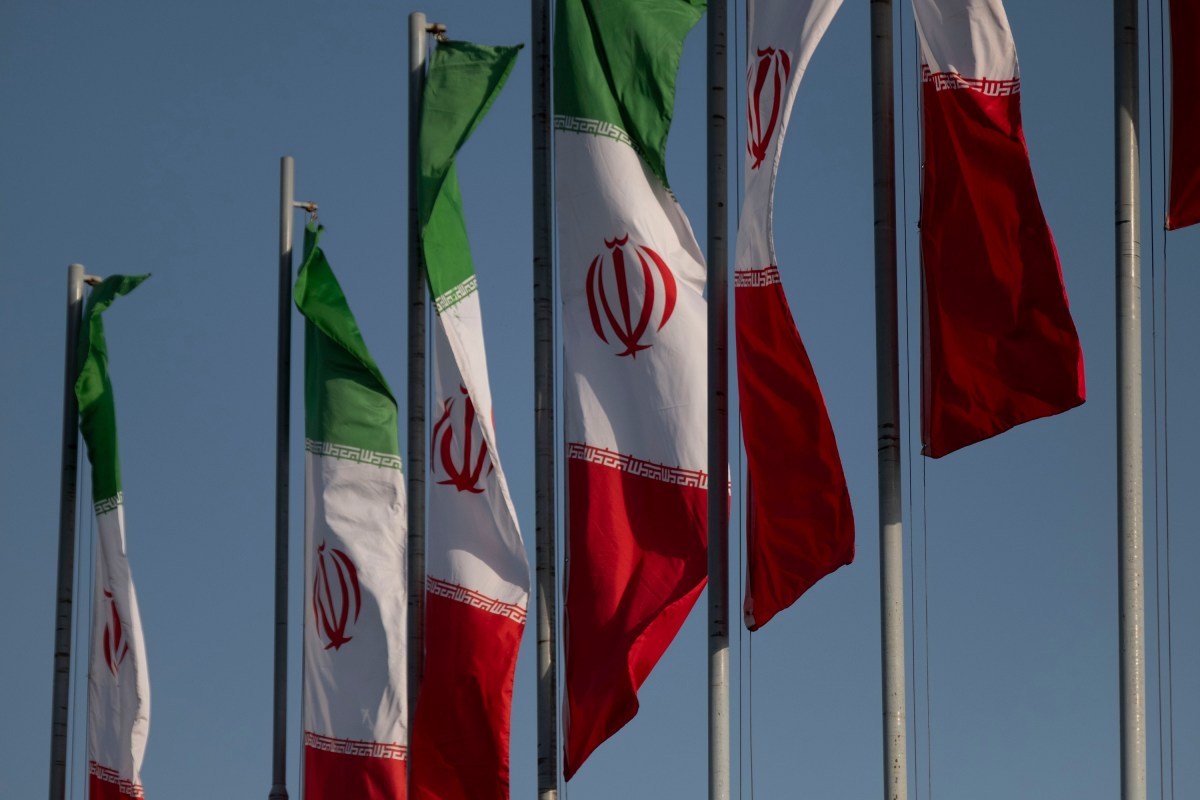Lithuania’s Vinted has secured a new valuation of €5 billion (around $5.4 billion at current exchange rates), after the second-hand fashion marketplace closed a secondary share sale worth €340 million ($367 million).
The transaction was led by private equity giant TPG, with other new participants including Baillie Gifford, FJ Labs, Hedosophia, Invus Opportunities, Manhattan Venture Partners, and Moore Strategic Ventures. It’s unclear how much Vinted’s existing investors cashed out, but the company says that all its existing institutional investors — which include Accel, EQT, Insight Partners, and Lightspeed Venture Partners — have retained at least some stake.
It’s proving to be a bumper year for secondary market transactions, particularly in Europe, as scale-ups seek to unlock liquidity for their employees and VCs in a decidedly tepid IPO market. In the past few months alone, we’ve seen neobanks Revolut and Monzo pursue secondary market routes, attaining lofty valuations off the back of strong user growth and profitability.
In the U.S., meanwhile, fintech giant Stripe followed a similar path to unlock liquidity, reaching a private valuation of $65 billion back in February as it continues to delay a long-rumored IPO. This figure later jumped to $70 billion as Sequoia sought a larger stake from existing investors.
Vinted CEO Thomas Plantenga (pictured above) noted that the sale “rewards our employees for their dedication in making Vinted a success.” The company was valued at €3.5 billion ($3.8 billion) pre-money for its previous €250 million Series F fundraise back in 2021. Since then, it has gone from strength to strength, reporting record revenue growth of 61% in 2023 compared to the previous year and reaching profitability for the first time.
At the same time, Vinted has expanded geographically and is also extending beyond its core fashion roots into the electronics realm — a growth trajectory that prompted marketplace stalwart eBay to respond by removing seller fees in key European markets.




